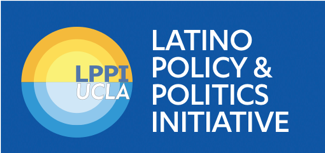
UCLA LPPI Brief Finds L.A. Black & Latino Neighborhoods Lack Resources During Safer-at-Home Order
On May 19, 2020, UCLA's Latino Policy and Politics Initiative,…
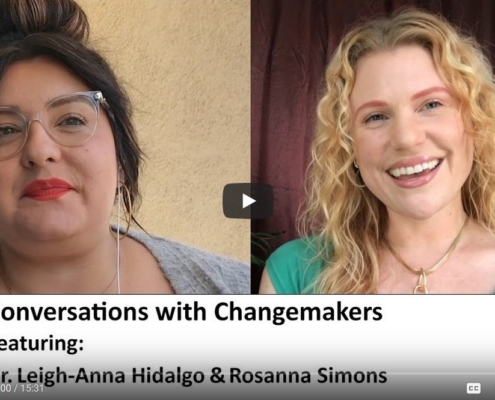
LA Social Science Presents “Conversations with Changemakers” Featuring Dr. Leigh-Anna Hidalgo & Rosanna Simons (VID)
The grassroots organization People for People (Gente por…
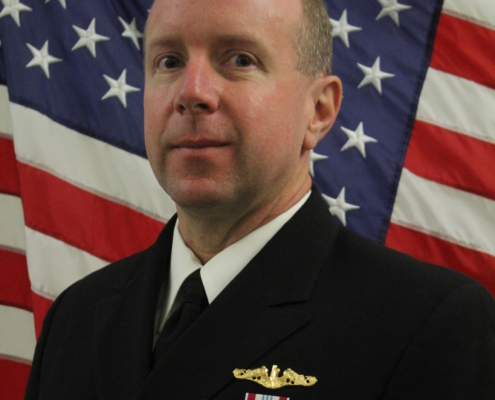
LA Social Science Story: Interview with UCLA Alum and Naval Science Vice Chair CDR Robert Hill
By Dr. Celia Lacayo, Associate Director of Community Engagement,…
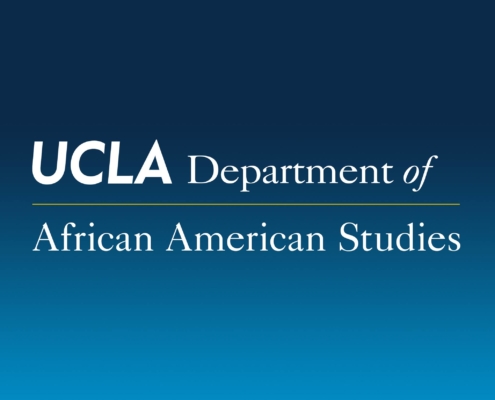
LA Social Science Summer Course Previews: African American Studies Courses in 2020
As summer 2020 approaches, LA Social Science will be highlighting…

LA Social Science Summer Course Previews: African American Studies Presents “Reproducing While Black”
As summer 2020 approaches, LA Social Science will be highlighting…

LA Social Science Summer Course Previews: Gender Studies Courses Offered in Sessions A and C
As summer 2020 approaches, LA Social Science will be highlighting…
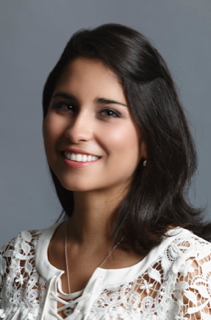
UCLA Economics Doctoral Student Selected to Attend the Lindau Nobel Laureate Meetings
Diana Van Patten, a UCLA Economics Department doctoral student,…
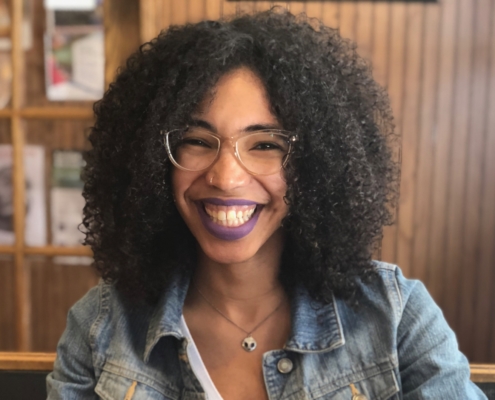
LA Social Science Student Research Spotlight: Black Feminine Erotic Activism
Dominique Rocker is finishing a Master of Arts in the Department…
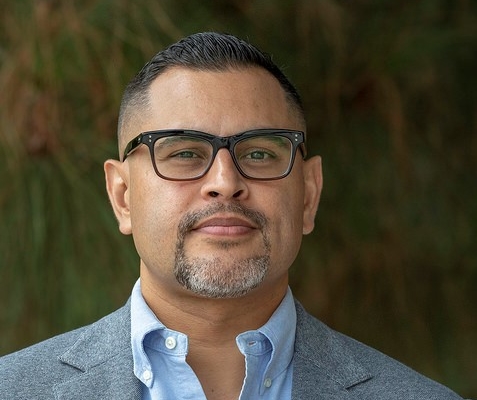
LA Social Science Presents “Conversations with Changemakers” Featuring Dr. Efrén Pérez (Video)
As the Director of the UCLA Race, Ethnicity, Politics and…
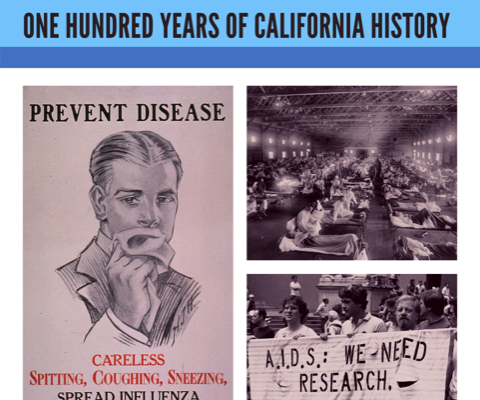
Pandemics Past and Present: One Hundred Years of California History
The UCLA Luskin Center for History and Policy (LCHP) has…

